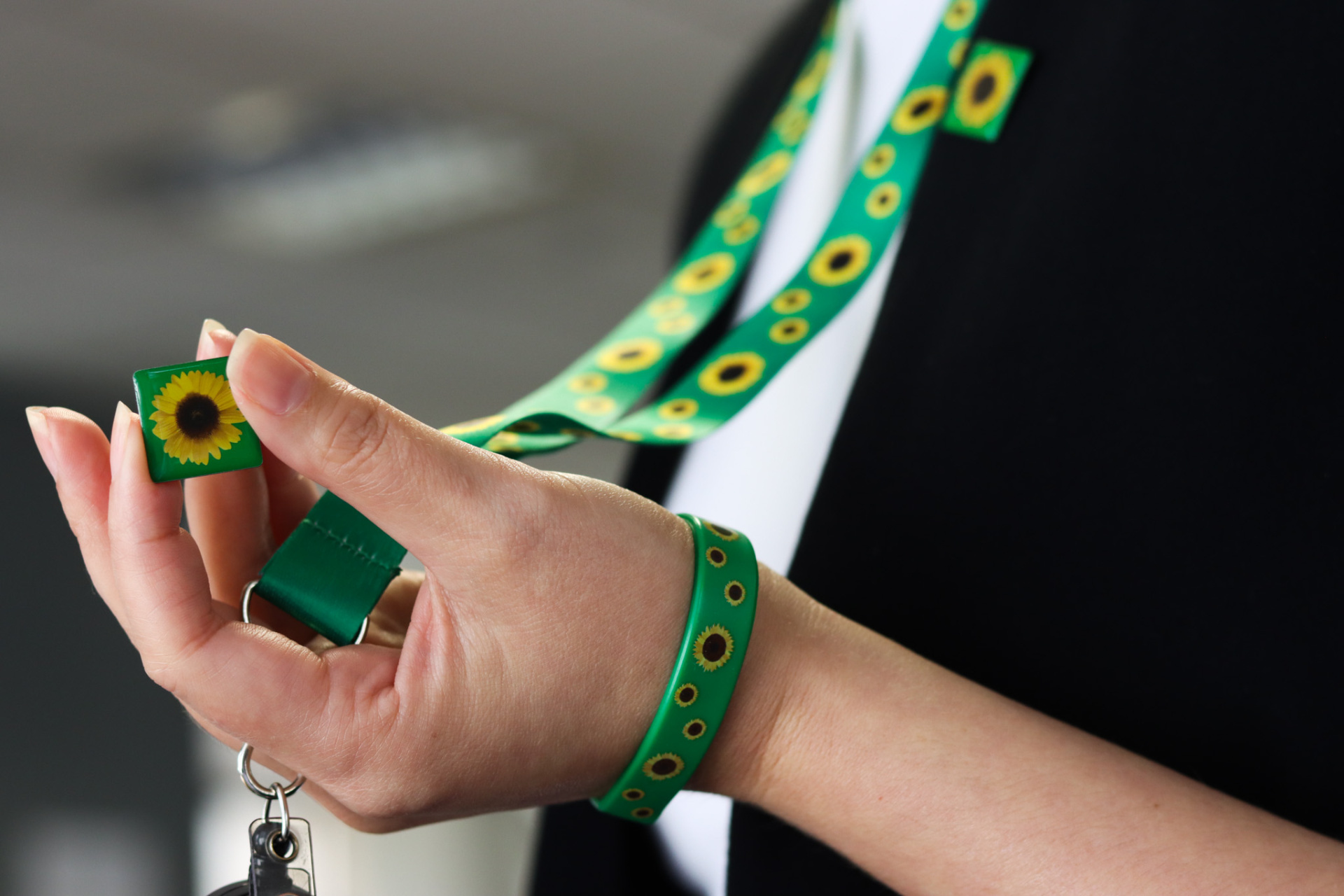
The Hidden Disability Sunflower is the international symbol for disabilities that cannot be seen.
The symbol is a yellow sunflower with a green backround, and comes in many forms such as lanyards and buttons.
This program promotes understanding for those who might need a extra hand, more time or support in public spaces.
Wearing the Hidden Disability Sunflower enables an inclusive experience for every individual, regardless of their unique needs.
Most airports have lanyards available, but they can be ordered online in advance from the Hidden Disabilities website.
https://hdsunflower.com/au/shop.html
Example - Hidden Disability Sunflower: Imagine Sarah, a traveler with autism, wears a Hidden Disability Sunflower lanyard while navigating a bustling airport. Airport staff, recognizing the symbol, approach her to provide a quieter, less crowded waiting area, ensuring her journey is comfortable.
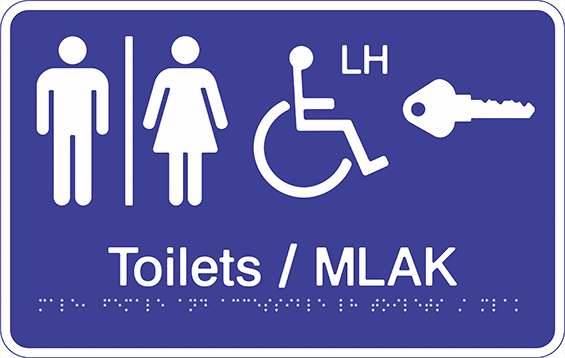
The Master Locksmiths Access Key (MLAK) provides those with disabilities 24/7 access to accessible facilities across Australia.
The MLAK key unlocks accessible toilets, changerooms, specialty playground equipment, and more.
Look for signs with contact numbers for access without a key.
Locals, visitors, and caregivers can apply for an MLAK key online or at your Council's Customer Service desk.
https://masterlocksmiths.com.au/mlak-order-form/
Example - Master Locksmith Access Key (MLAK): James, who uses a wheelchair, visits a popular tourist attraction. He effortlessly accesses a clean, well-equipped accessible restroom using his MLAK key, ensuring he can enjoy the day without any worries.
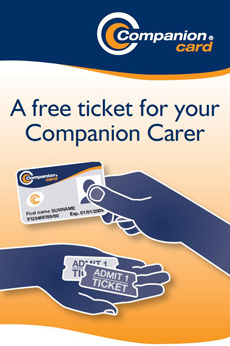
The Companion Card is designed for individuals with disabilities requiring assistance to participate in community activities and visit venues.
It provides a complimentary 'companion' ticket at participating tours, experiences and public transport.
https://www.dss.gov.au/our-responsibilities/disability-and-carers/program-services/for-people-with-disability/national-companion-card
Example - Companion Card: Maria, a tourist with a mobility impairment, visits a wildlife sanctuary. With her Companion Card, her caregiver enters for free, enhancing her experience as they explore the park together.
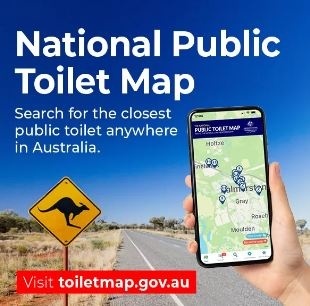
The National Public Toilet Map is a helpful online tool that enables users to find public and private public facilities, including toilets, adult change, and baby care amenities, across Australia. It provides crucial information such as location, accessibility features, opening hours, and facility details.
This resource is particularly beneficial for families and travelers seeking accessible amenities.
https://toiletmap.gov.au/
Example - National Public Toilet Map: The Johnson family is on a road trip through Australia. Using the National Public Toilet Map, they easily locate a family-friendly rest stop with clean facilities and baby care amenities, making their journey smoother and more enjoyable.
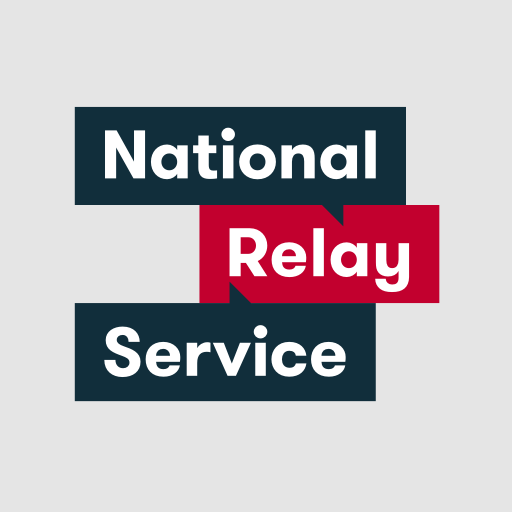
Access Hub serves as a vital resource for individuals who are d/Deaf, hard of hearing, or have speech communication difficulties.
It provides information about services you can use to make a phone call and connect online, such as the National Relay Service, presented in plain English, Auslan, and multimedia formats like images and videos.
Access Hub Example: Emily, a traveler who is Deaf, encounters a problem during her tour.
Emily uses the National Relay Service (NRS), a resource she learned about from Access Hub.
She contacts her tour operator for assistance through the NRS, ensuring that her issue is promptly addressed, highlighting how Access Hub empowers travelers with communication difficulties to navigate unforeseen challenges.